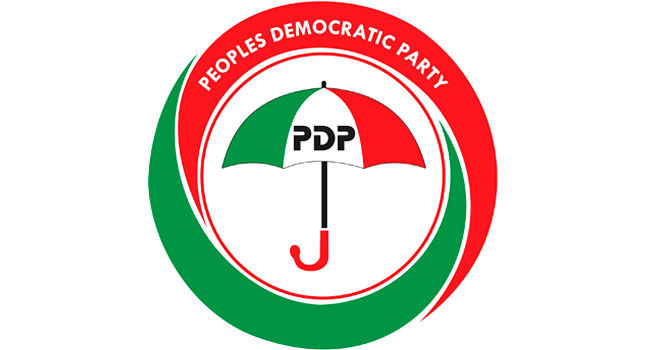Rivers emergency: PDP governors receive Supreme Court hearing date
The Supreme Court is set to establish a hearing date for the lawsuit initiated by 11 governors of the Peoples Democratic Party, contesting the declaration of a state of emergency in Rivers State, following its Easter break.
Dr. Festus Akande, the Director of Information and Public Relations at the Supreme Court, indicated that the issue will be addressed once the court reconvenes.
It is important to note that the court is currently in recess; however, upon the justices’ return at the month’s conclusion, a date for the hearing will be established’, Akande stated.
The case identified as SC/CV/329/2025 challenges the constitutional legitimacy of President Bola Tinubu’s ability to suspend a democratically elected government within any state.
The governors are contesting the president’s choice to designate a singular administrator to oversee Rivers State.
On March 18, President Tinubu announced a state of emergency in Rivers State, resulting in the suspension of Governor Siminalayi Fubara, Deputy Governor Ngozi Odu, and all elected representatives of the Rivers State House of Assembly for a preliminary duration of six months.
He later designated retired Vice Admiral Ibok-Ete Ibas as the Sole Administrator to manage the state’s affairs during the period of suspension.
In a notable development, the governors of 11 states under the control of the PDP—namely Adamawa, Enugu, Osun, Oyo, Bauchi, Akwa Ibom, Plateau, Delta, Taraba, Zamfara, and Bayelsa—have initiated legal proceedings against the Attorney General of the Federation and the National Assembly, who are designated as the first and second defendants, respectively.
The plaintiffs seek a ruling from the Supreme Court regarding the interpretation of Sections 1(2), 5(2), 176, 180, 188, and 305 of the 1999 Constitution. They question whether the president possesses the legal authority to suspend or interfere with the offices of a governor and deputy governor, subsequently appointing an unelected nominee under the pretext of a state of emergency.
The petitioners want a court decision on whether the president has the legal power to suspend a state House of Assembly based on the rules in Sections 1(2), 4(6), 11(4), (5), 90, 105, and 305.
The lawsuit raises concerns regarding the president’s alleged threats, conveyed through the attorney general, to dismiss elected governors and their deputies. It asserts that such actions could potentially violate constitutional principles and undermine the concept of federalism.




